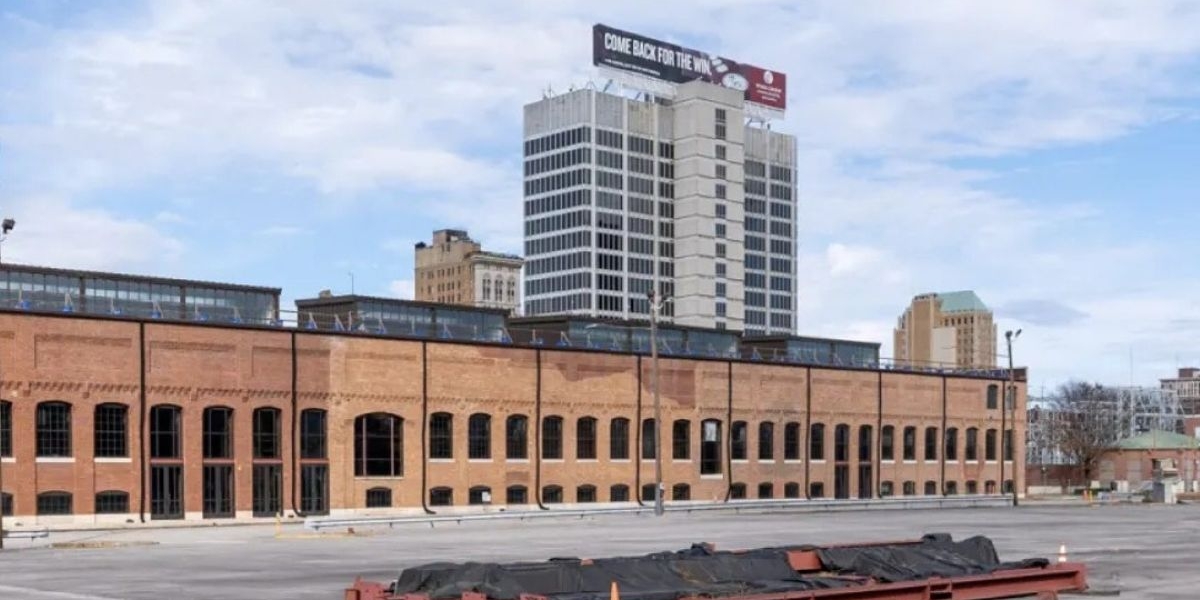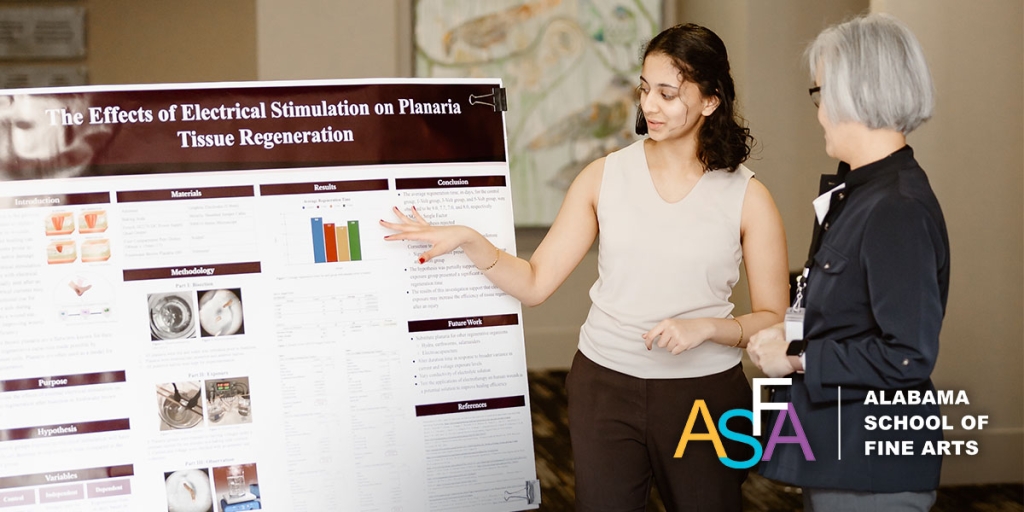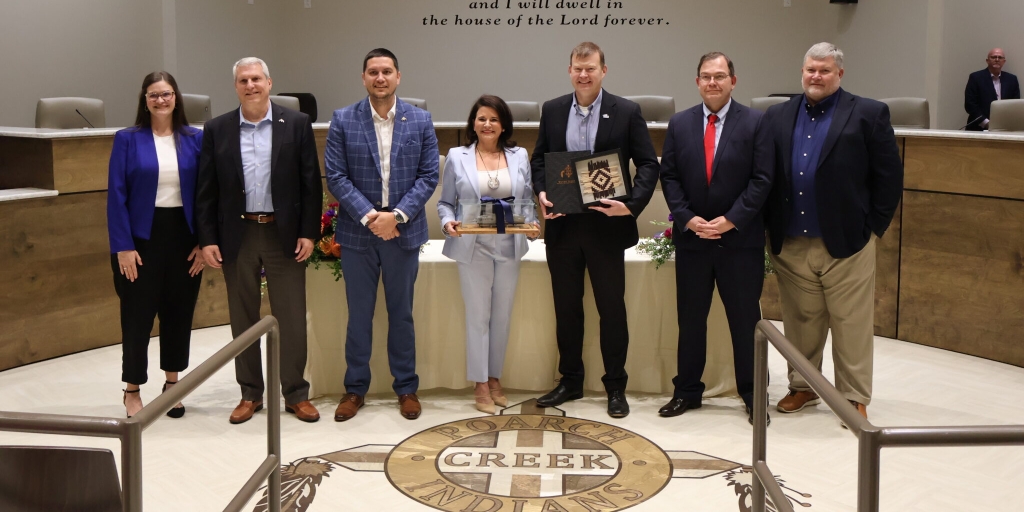Birmingham’s Powell Steam Plant, built in the 1800s, will now be repurposed to power individuals often overlooked in society by providing them with entertainment experiences designed for their individual needs. KultureCity plans to preserve the site’s history while also creating a new vision to enrich the lives of this deserving population.
KultureCity, a Birmingham-born nonprofit with a global reach, purchased the Powell Steam Plant for $11 million earlier this month from Alabama Power. Founded to improve accessibility and inclusion for individuals with invisible disabilities, the organization works in more than 40 countries and across five continents. Its programs are implemented in NFL stadiums, airports, and other venues to make sensory-friendly environments available for those with conditions such as autism, PTSD, dementia, and epilepsy.
The Powell Steam Plant itself is one of Birmingham’s most historic landmarks. Constructed in 1895, the plant was a critical part of the city’s growth during the steel boom, providing electricity to power streetcars, factories, and businesses for decades. The 85,000-square-foot facility roared with coal-fired purpose for more than a century before falling into disuse and experiencing failed redevelopment attempts in recent years.
KultureCity plans to transform the building into what it calls a “landmark for innovation, creativity, and accessibility.” The planned development will include a sensory play area, green space gathering area, and an amphitheater on roughly 1.5 acres outside. Inside, about 80,000 square feet will be repurposed into a combination of business, entertainment, and event space. An exhibit hall will also tell the personal stories of individuals who have faced and overcome challenges associated with their disabilities.
RELATED: Nonprofit KultureCity is creating a more inclusive and accepting community for children with autism
The nonprofit emphasized that the project is designed to make Birmingham a destination for inclusive experiences.
“We at KultureCity do not believe that anybody should have to give up on attending special events, having wonderful experiences, pursuing their dreams,” said Caroline Sease, a KultureCity representative, according to WBRC.
The organization hopes to break ground by the end of 2025. While earlier reports suggested a possible opening in early 2027, KultureCity now expects to open the facility to the public sometime in 2028.
According to WBRC, KultureCity said the project aims to “turn something that once powered a city into something that will now power a movement” and create a space that belongs to everyone.
Sherri Blevins is a staff writer for Yellowhammer News. You may contact her at [email protected].













